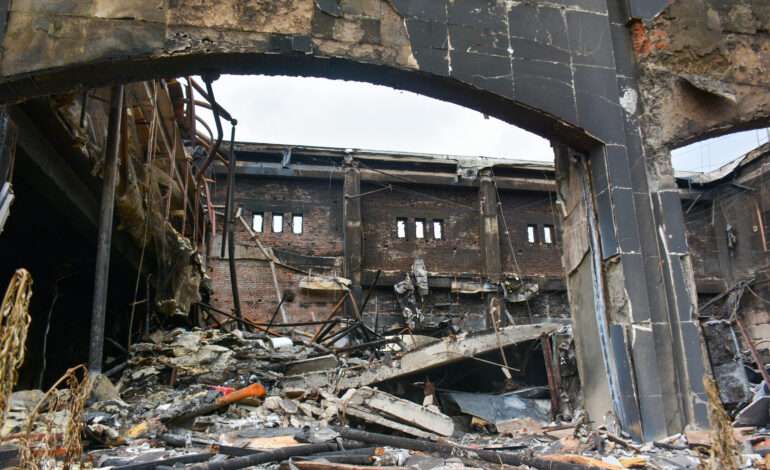
Nepal’s business community reels from billions in losses after Gen-Z protests
A week after violent Gen-Z protests toppled former Prime Minister K P Sharma Oli’s government, Nepal’s business community is still reeling from unprecedented destruction, with losses running into billions.
Shopping malls, hotels, auto showrooms, factories, and residences of business leaders were targeted during arson and vandalism between September 8–9, leaving 72 people dead and over 1,000 injured.
Among the worst hit was Hilton Kathmandu, Nepal’s tallest hotel, which had opened only in July 2024. Located in Naxal, the landmark five-star property was set ablaze, with losses estimated at NPR 8 billion (INR 5 billion). The Hotel Association of Nepal (HAN) reported that overall hotel sector losses exceeded NPR 25 billion, as more than a dozen hotels across Kathmandu, Pokhara, Biratnagar, Bhairahawa, and other cities were attacked.
The destruction extended beyond hospitality. Bhatbhateni Supermarket, Nepal’s largest retail chain, saw 21 of its 27 outlets attacked, 12 gutted by fire, and at least 10 fatalities reported inside burned stores. Owner Min Bahadur Gurung’s perceived political ties with Oli were cited as a trigger.
Chaudhary Group (CG), Nepal’s largest conglomerate, also suffered extensive damage, with factories, offices, auto showrooms, and malls attacked. Nirvana Chaudhary, its Managing Director, described the destruction as “an attack on hope, trust, and the very idea of building something meaningful.”
Other casualties included telecom operator Ncell’s headquarters, which was vandalized and partially burned.
While many businesses, including Bhatbhateni, have vowed to rebuild, the widespread violence has shaken investor sentiment in an already fragile economy. With consumer demand low and private investment sluggish, Nepal’s private sector now faces one of its toughest crises in decades.